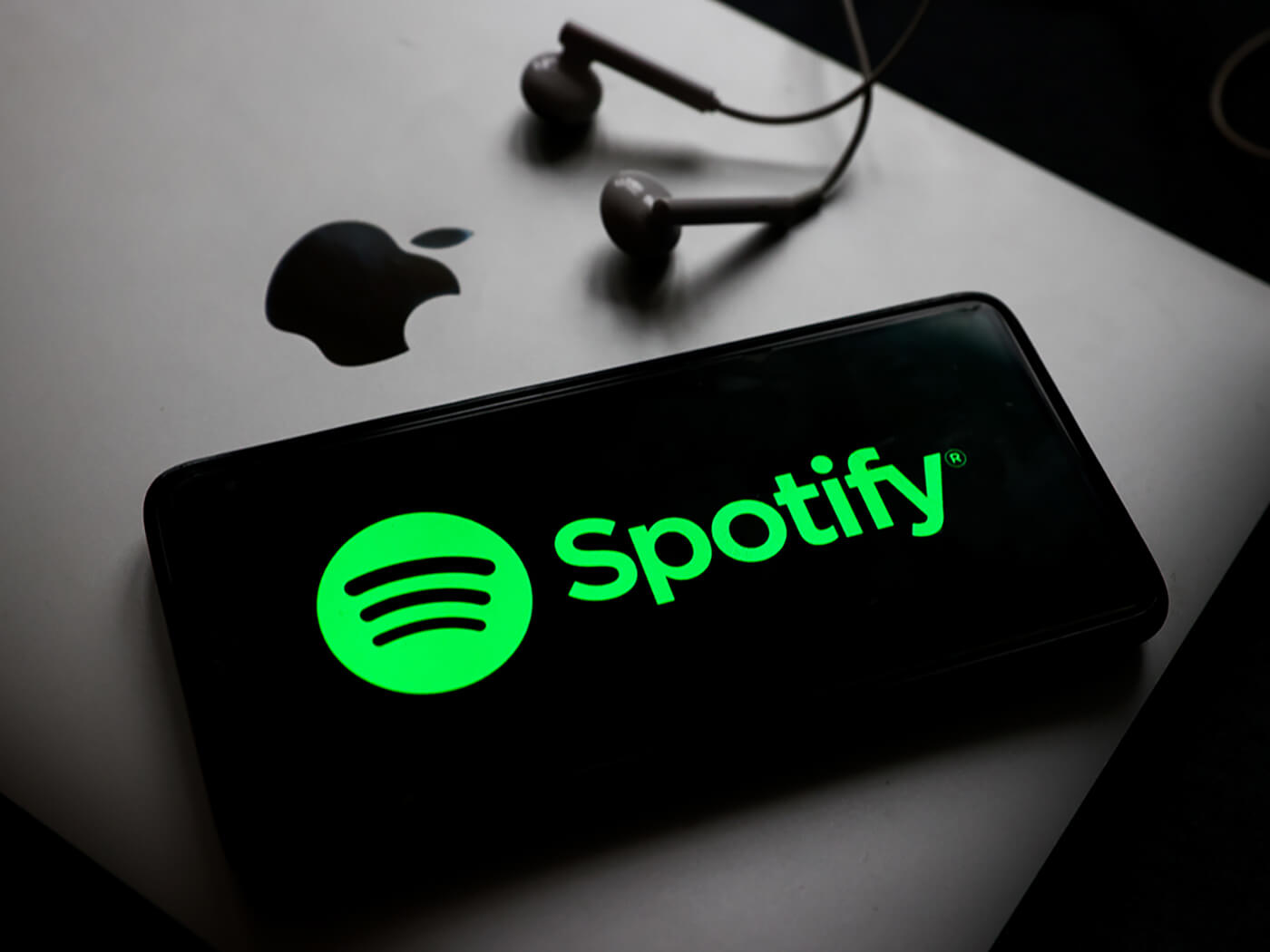Spotify demonetises all tracks under 1,000 streams
The change will tackle “payments lost in the system,” as low-streaming tracks generate $40 million without a penny reaching artists’ pockets.

Image: Beata Zawrzel/NurPhoto via Getty Images
Last year, Spotify announced that it would be restricting payouts on low-streaming tracks. On 1 April these changes came into effect, meaning tracks that haven’t surpassed 1,000 streams in the last 12 months will not receive royalties.
The revised royalty system avoids “payments lost in the system”. As Spotify explain, tens of millions of tracks are streamed between 1-1,000 times, generating roughly $0.03 a month. The collective sum is around $40 million per year.
- READ MORE: Living Wage for Musicians Act put to US Congress would compensate artists at a penny per stream
However, transaction and withdrawal fees stop the $40 million ever making it to uploaders. “Labels and distributors require a minimum amount to withdraw (usually $2-$50 per withdrawal) and banks charge a fee for the transaction (usually $1-$20 per withdrawal),” Spotify says.
Only 0.5% of tracks on Spotify fail to hit 1,000 annual streams. This means that Spotify will still be paying out for the 99.5% of tracks that do hit the 1,000 listener goal. Spotify predicts that the change will “drive an additional $1 billion toward emerging and professional artists.”
The crack down will also require a minimum number of unique listeners – so looping your favourite artist 1,000 times wont do much. There will also be a restriction on background noise tracks like ‘white noise’, moving the goal-post from 30 seconds to 2 minutes of listening for a stream to count.
Of course, not everyone is satisfied with Spotify’s calculations. United Musicians and Allied Workers have tweeted that, rather than 0.5% of tracks, the change will in fact impact “an estimated 86% of tracks” on the platform. “This new policy will impact small artists the most — the same artists that Spotify claims to support,” the organisation writes.
The UMAW has recently pushed for the Living Wage for Musicians Act in Congress to ensure there is a revision of streaming royalty laws. As their Make Streaming Pay page explains, “the bill [will] help ensure that artists and musicians can build sustainable careers in the digital age.”
As of April 1st, Spotify has demonetized any track on the platform that receives less than 1000 streams per year. That’s an estimated 86% of tracks on the platform. This new policy will impact small artists the most — the same artists that Spotify claims to support.
— United Musicians and Allied Workers (@UMAW_) April 3, 2024
Other big names in the music industry have also aired their grievances with greedy streaming services. In a recent interview with GQ, Nine Inch Nails’ Trent Reznor believes streaming has “mortally wounded” musicians.
“I think the terrible payout of streaming services has mortally wounded a whole tier of artists that make being an artist unsustainable,” Reznor explains. “It’s great if you’re Drake, and it’s not great if you’re Grizzly Bear… We’ve had enough time for the whole ‘All the boats rise’ argument to see they don’t all rise. Those boats rise. These boats don’t. They can’t make money in any means. I think that’s bad for art.”
Reznor was tasked with building a new streaming service with Apple, and it made him painfully aware of how damaging the streaming environment was for musicians. “I thought maybe at Apple there could be influence to pay in a more fair or significant way, because a lot of these services are just a rounding error compared to what comes in elsewhere, unlike Spotify where their whole business is that,” he told GQ. “[Streaming companies] aren’t really concerned about all the romantic shit I thought mattered.”